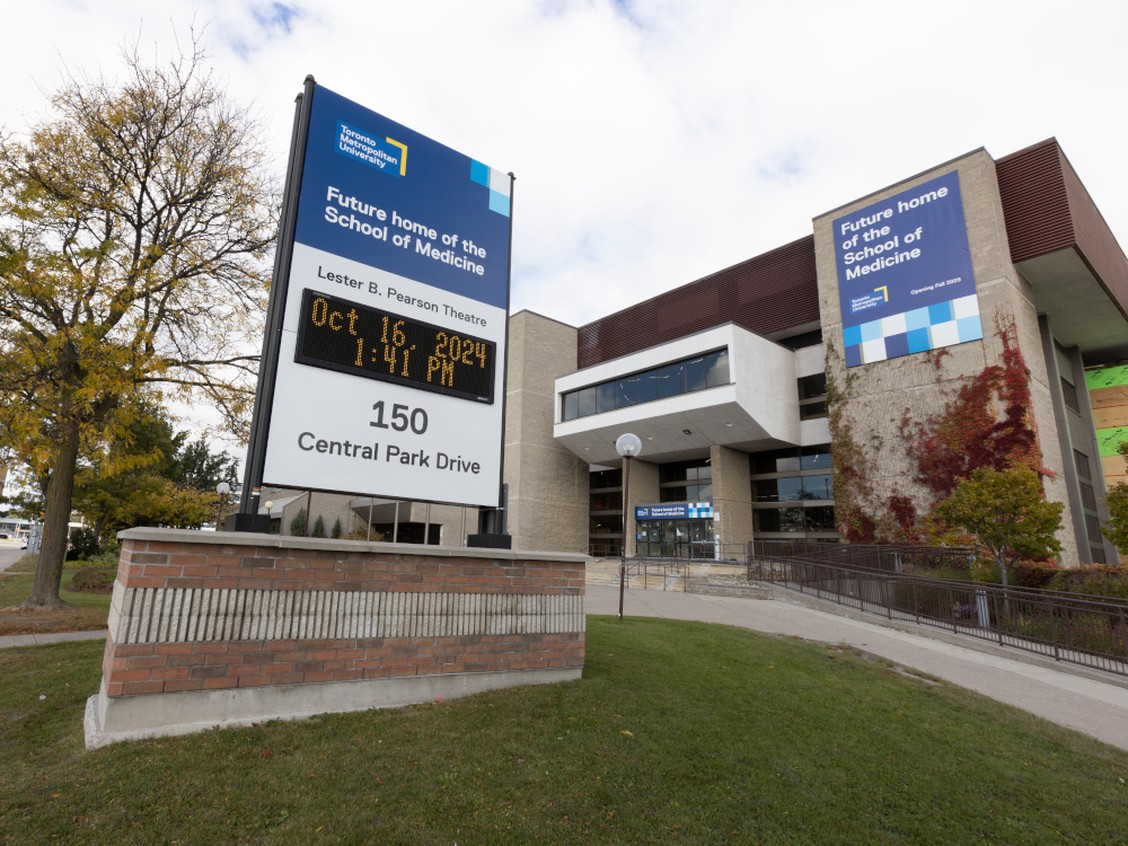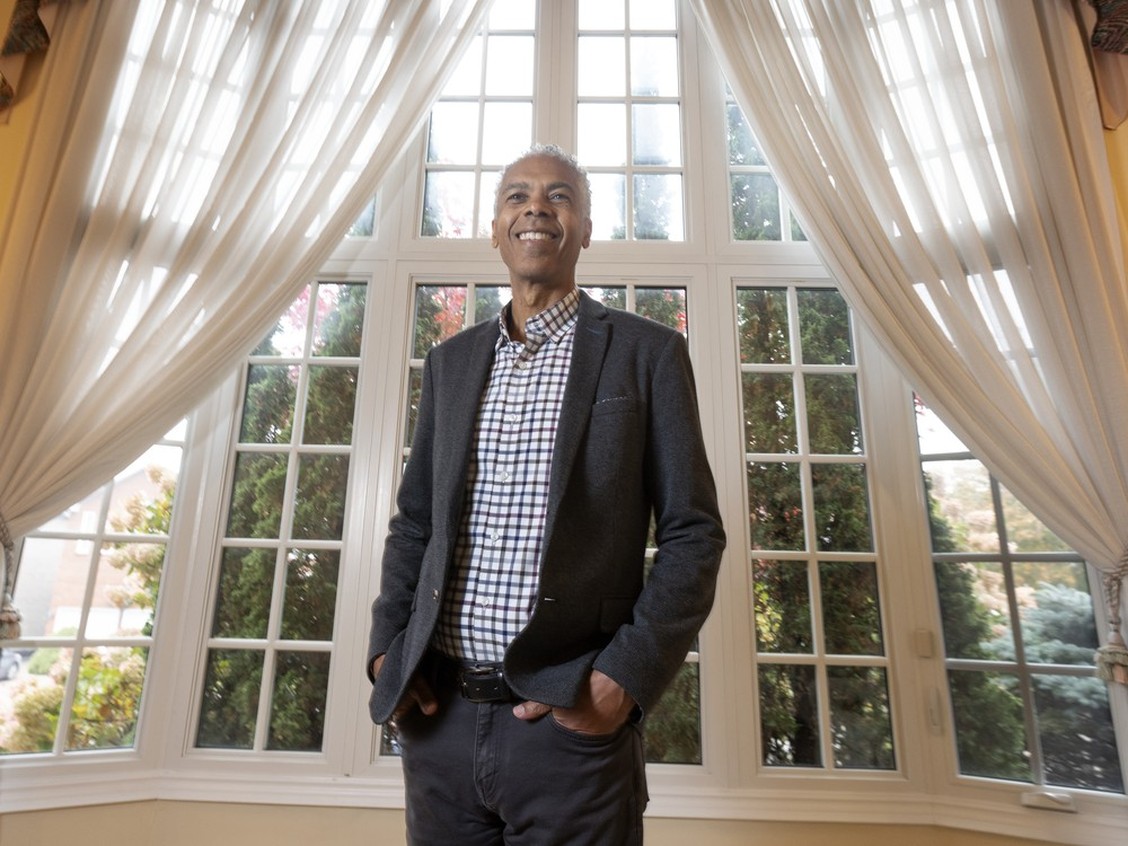Solution to MD Shortage -- Or Shorting Out Quality Medical Professionals?
"The government has spoken to Toronto Metropolitan University about their equity admissions.""While we are making sure that Ontario students are prioritized for medical school seats in Ontario, medical schools must ensure that qualified individuals fill these sets, regardless of their race or background."Director of Media Relations, for Premier Doug Ford"[There are many groups in medicine] that traditionally have been under-represented. That is an important part of why we [created] all these pathways in order to bridge that gap.""There are three [out of six] other medical schools in the province that have lower GPA minimum requirements [than TMU].""Applying for medical school is so competitive, there are lots of] highly qualified candidates who never get in and have to give up that dream or pursue their education abroad. We are now tapping into that excellence that just has been left behind. And we are also saying there's a particular group of equity-deserving students that we are welcoming. We are not lowering standards for them. We have no question that we'll be able to fill those seats.""[Many people facing the MCAT take preparatory courses] which are not cheap. Furthermore, for those who can afford it, they take entire summers off in order to study for this exam. So that becomes an equity issue."Dr. Dominick Shelton, dean of admissions, Toronto Metropolitan University med school"If you came from an Indigenous community and you have a low GPA, and you couldn't compete in university, how are you going to compete in medial school?""Does that mean you have to lower your standard of teaching?""[My concern is] that there's a breed of doctors who are under-trained because they're not pushed hard enough.""This accelerates that concern."Dr. Harry Rakowski, Toronto cardiologist
 |
| The soon-to-be-opened Toronto Metropolitan University School of Medicine in Brampton, Ont. Photo by Peter J. Thompson/National Post |
Toronto Metropolitan University has launched a new medical school in Brampton. It has 94 places open for prospective medical students and anticipates that over 5,000 people will make application to fill that limited number of seats. The school plans to loosen academic qualifications and to screen out prospective students according to race or socioeconomic status. Three-quarters of its 94 medical spaces have been designated to be filled by students who are Black, Indigenous, or who come from 'equity-deserving' groups which includes identifying as LGBTQ, disabled, poor, and 'racialized'.
To achieve its goals to welcome prospective students in those very particular categories, it has seen fit to loosen common academic requirements. Toronto Metropolitan University plans to forego the common entry test for medical school, requiring only that applicants complete a four-year undergraduate degree of any kind with a minimum Grade Point Average (GPA) of 33, or B+. The school has set aside the requirement for applicants to write the Medical College Admission Test (MCAT). Advertising itself as "one of seven Canadian medical schools that does not require the CAT as it has been widely recognized as a barrier to medical education access and not an accurate predictor of professional acumen and skill".
"But also, there's no evidence to show that one's performance on the MCAT correlates with their success as a physician both during their learning years or beyond", points out Dr. Shelton. TMU's med school has its own admissions process to select "candidates that we know will go on to become excellent physicians", according to Dr. Shelton. "We want to know what are the experiences that have informed the person that you are and that have informed their decision to choose to pursue a career in medicine."
"[A] widening socioeconomic disparity between physicians-in-training and their future population may exacerbate inequities in access to care.""A large body of evidence suggests that medical students from traditionally disadvantaged backgrounds, such as those who are part of visible minority populations or have rural or low socioeconomic backgrounds are more likely to practise in areas with physician shortage.""[1,288 Canadian medical students surveyed] were less likely, compared to the Canadian Census population, to identify as Black (1.7 percent vs 6.4 percent) or Aboriginal (3.5 percent vs 7.4 percent)."Cross Sectional Study published in BMC Medical Education
Ontario Premier Doug Ford announced two years earlier his government will proceed with TMU's school of medicine. "These new seats will help train doctors of the future. Someone born in Brampton, who went to high school in Brampton, will now be able to go to med school here at this campus." The need in Brampton for more GPs is "pretty significant", Dr. Shelton points out. "That's why a lot of people end up in walk-in clinics and emergency departments. Without a doubt it is a major issue and we're going to be part of addressing that problem."
"In Canada, preferential admission policies are wide-spread because our laws allow for affirmative action and reverse discrimination.""Provincial human rights codes apply to university admission policies. In Ontario for example, the human right code allows for 'special programs' that amount to preferential treatment. Our Charter (which probably does not apply directly to university admissions, since universities are not governments) says the same.""No one claims that there is racial discrimination in the NBA just because the number of white players is not consistent with the percentage of white people in the population.""[Admission policies like TMU's are] unfair on multiple levels. They are unfair to people who are being excluded because of their race, but they are also unfair to the people who would otherwise get in on their own merits.""If you're a Black medical student today these policies disadvantage you because they cloak you with special treatment, even though you didn't need it and didn't get it.""I think we need more doctors. I think we need more doctors who are excellent in Canada. If they are Black and Indigenous, then fantastic."Bruce Pardy, law professor, Queen's University"There are many people who see our process as disadvantaging them. But it's not about who's been disadvantaged here, in terms of our application process. It's about who has been under-represented that, through our equitable process of admissions, that we're not giving an opportunity to enter the medical field.""Evidence has shown that when someone undergoes their education in a particular region, they are more likely to stay in that region and work [there] if there already is a pre-existing connection.""[Brampton is] underserved from a health human resources standpoint. And we want to address that need."Dr. Dominick Shelton
 |
| Dr. Dominick Shelton, TMU's medical school Dean of Admissions at his home, Tuesday October 29, 2024. Photo by Peter J. Thompson /National Post |
Labels: Black Candidates Preferential Admissions, Indigenous, Medical School, Racialized, Socioeconomic, Tailoring Admissions, Toronto Metropolitan University, Underprivileged
0 Comments:
Post a Comment
<< Home